What are the Benefits of Solar Panels?
Solar panels offer a range of environmental and economic benefits. Solar energy is a renewable energy source that is clean, affordable, and abundant. Installing solar panels for your home can lead to significant savings on your electricity bills over the long term. Many solar companies also offer financing options for the installation of solar panels, making the process easier and more affordable for homeowners. Additionally, you may be eligible for state and federal tax credits when you install solar panels for your home.
Solar power is also much better for the environment than traditional sources of electricity. They do not release any air pollution or emissions, and they use no water in their operation. The production of solar panels is relatively low-impact compared to other energy sources, and the maintenance is simple and cost-effective. In addition to providing power to your home, solar powered generators can also be used to provide electricity to areas that don't have access to traditional power sources. For example, solar shingles can be used to create a mini power grid in rural areas. This is a great way to bring power to people who need it without relying on fossil fuels.
Installing Solar Panels
Solar panels for sale are available for both residential and commercial use, so there are plenty of options when it comes to installing solar panels in your home or business. Solar panel installation can vary depending on the type of solar panels you choose, so it’s important to do your research before making any decisions.
If you decide to install solar panels for home use, the first step is to find a reputable solar company that specializes in solar installation.
You’ll want to make sure you’re working with a team of professionals who have the experience and knowledge needed to properly install solar panels for maximum energy efficiency. During the installation process, your installer will assess your roof space and determine what size and type of solar panels are suitable for your home. Once the type of solar panel has been determined, the actual installation process will begin. This typically includes mounting the panels on your roof, connecting the wiring between the panels and the main power supply, and properly connecting the system to your utility provider. After all of the steps have been completed, you’ll be able to start using solar energy to power your home or business.







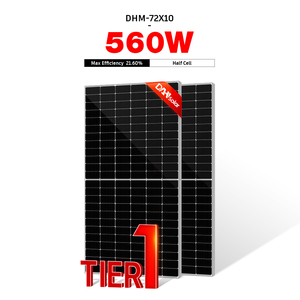

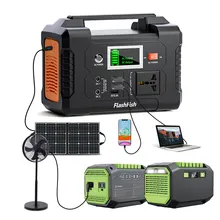




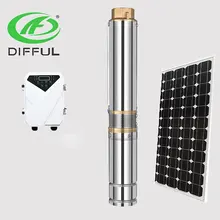
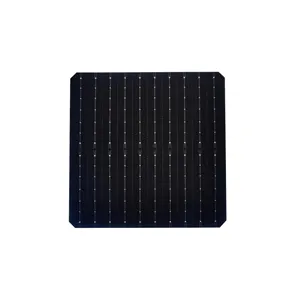

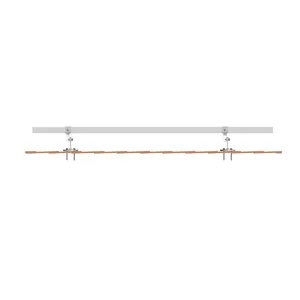

















 浙公网安备 33010002000092号
浙公网安备 33010002000092号 浙B2-20120091-4
浙B2-20120091-4